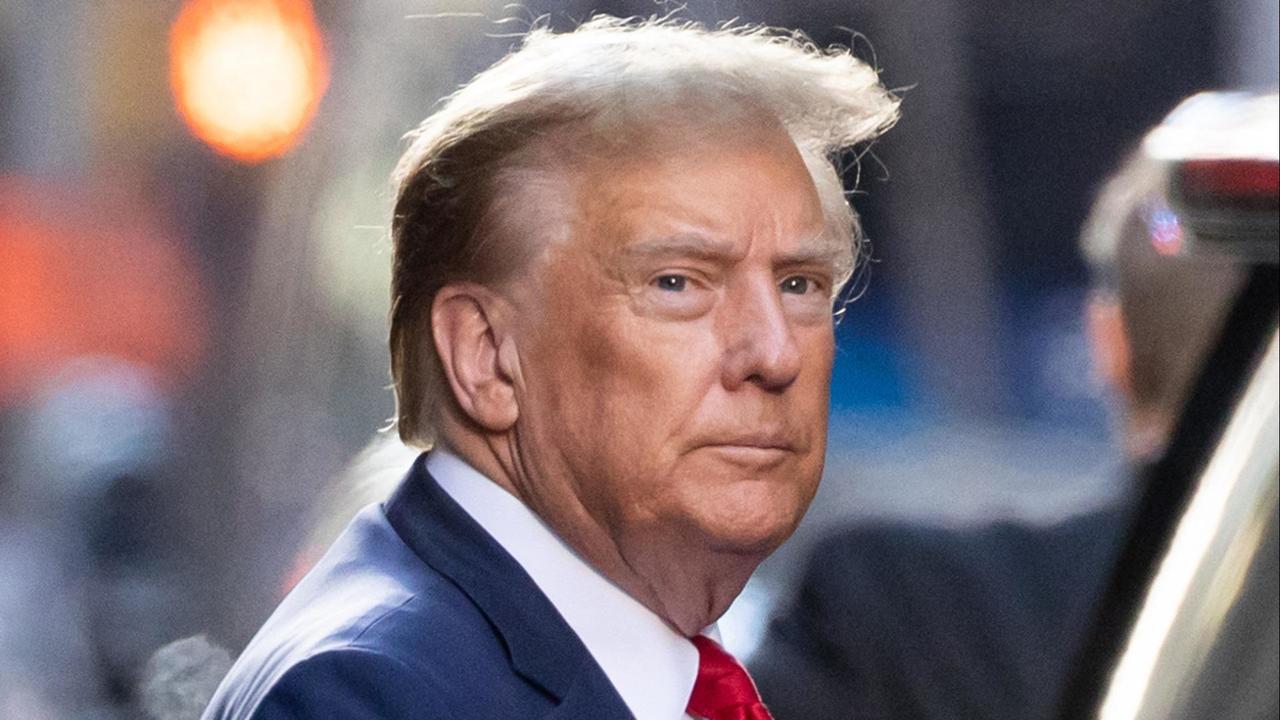A New York judge issued a ruling on Friday in the civil business fraud trial involving former President Donald Trump, ordering him to pay approximately $454 million in total penalties.
The sum includes about $355 million in disgorgement, which refers to returning ill-gotten gains, along with over $98 million in prejudgment interest that accrues daily until it’s paid, as confirmed by a spokesperson for the attorney general’s office.
Manhattan Supreme Court Judge Arthur Engoron additionally imposed a three-year prohibition on Trump from running a business in New York and a three-year ban on applying for loans from financial institutions registered with the state.
In his 92-page ruling, Engoron emphasized the state’s commitment to combating business fraud, stating, “New York means business in combating business fraud.”

Trump expressed his discontent with the ruling during remarks at his Mar-a-Lago resort, citing his contributions to the state’s economy and tax payments. His attorney, Chris Kise, announced plans to appeal the decision.
The trial, conducted without a jury, stemmed from a lawsuit filed by New York Attorney General Letitia James, alleging that Trump, his two adult sons, his company, and top executives fraudulently inflated Trump’s assets to enhance his net worth and gain financial benefits.
Engoron’s ruling came after a contentious legal battle, where Trump and his co-defendants vigorously contested the allegations. Despite their arguments, Engoron found them liable for fraud, issuing a significant penalty totaling just under $464 million.
In addition to financial penalties, the judge imposed various restrictions on Trump’s sons, Eric and Donald Jr., as well as other defendants involved in the case.
This latest ruling adds to the legal challenges facing Trump, who continues to face numerous criminal and civil lawsuits as he maintains a prominent role in politics.


